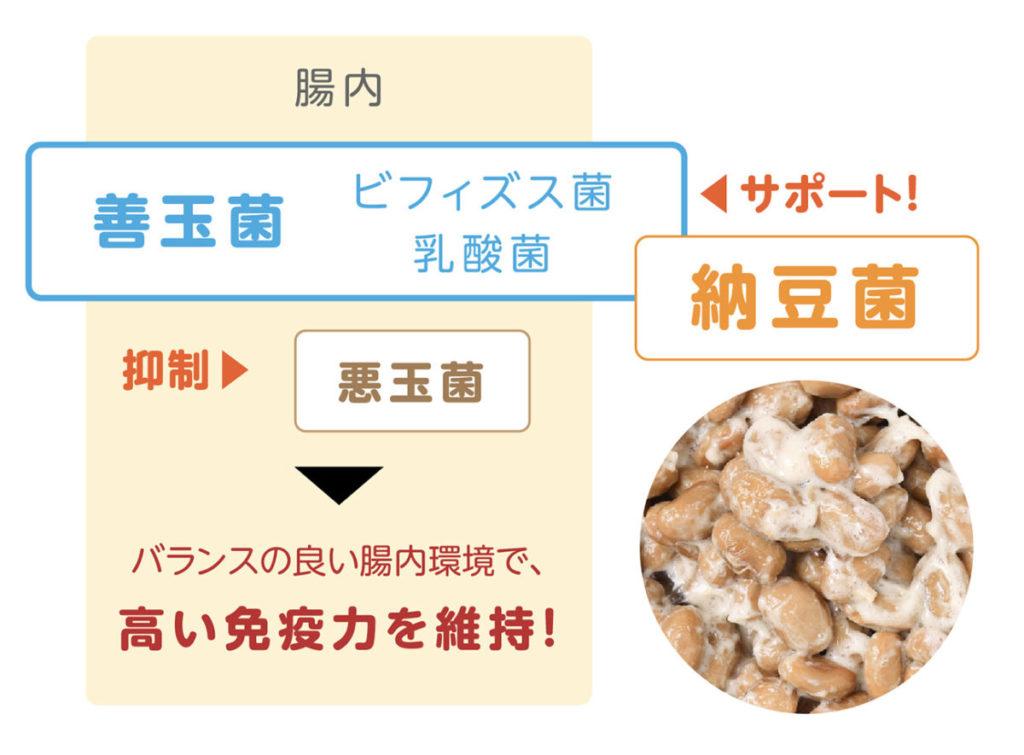You should know that diet affects the intestinal environment. However, there may not be many people who know the appropriate amount of food.
The scientific journal "Nature" has published the latest research results on the subject. So in the end, it's better to have more than less...
Explanation of the 16-week survey method
In the study presented here, 80 adult women in the "mildly to very overweight" range were divided into two groups and followed for 16 weeks. During that time, half of the participants followed a medically-controlled meal plan, limiting their intake to about 800 calories per day. For the other half, he continued to eat the same diet as before and did not lose weight.
Therefore, all participants were tested and analyzed for their gut bacteria before and after the study period.
Calorie restriction increases the amount of harmful bacteria!?
Four months passed. When we examined the intestinal bacteria in the group that did not undergo calorie restriction, we confirmed that the numbers and types of bacteria had not changed compared to before the study began. On the other hand, it turned out that the calorie-restricted group had serious and serious problems.
It was found that the amount of harmful bacteria in the intestines of participants who underwent calorie restriction increased.
What caused the intestinal environment to become unbalanced?
"The bacteria in the intestines of people who have undergone calorie restriction try to absorb many sugar molecules in order to survive in that negative environment. As a result, the balance of the intestinal environment is disrupted. That's what the researchers speculate.

In order to support this conjecture, an increase in "obligate anaerobes (= bacteria that do not require oxygen for growth)" called "Clostridioides difficile" that causes diarrhea and colitis. was conspicuously shown. Regarding this bacterium, the US Centers for Disease Control and Prevention (US CDC) warns that ``if it increases, it will be difficult to eradicate it, and there is a high possibility that it will become chronic''.
"This condition is not uncommon if you follow a low-calorie diet," says nutritionist and nutrition counselor Dr. Christine Gillespie. “Enough food intake is key to maintaining sufficient beneficial bacteria,” he points out.
"The type and amount of food we eat affects the nutritional environment of our gut bacteria. It plays a major role in maintaining the balance and health of the intestinal flora,” Dr. Gillespie adds.
Weight rebound is not the subject of this research.
However, in the past, there have been studies that have pointed out that the increased risk of rebound as a side effect of calorie restriction cannot be ignored. “It is true that rapid weight loss is possible with calorie restriction. It's likely that it's mostly fat, rather than fat," adds Dr. Gillespie.
And if you repeatedly increase and decrease your weight in this way, your muscle mass will eventually continue to decrease, causing problems with your body composition (muscle, fat, bone, water, and other components that make up your body = body composition). indicates the danger of
Improvements
It is clear that 800 calories per day is not enough for active people. So how many calories does our body actually need? There seems to be a study that says, "Even 1,500 kcal is not enough."
Related Story Does Calorie Counting Really Matter?The exact number of calories you need will, of course, depend on many factors, including gender, age, weight, and activity level.
If you aim to maintain your weight in a healthy way, the Ministry of Health, Labor and Welfare's "Dietary Reference Intakes for Japanese (2020 edition)" recommends that the estimated daily energy requirement be …
.
By the way, in the case of overseas, "up to 3000 kcal per day for active men" and "up to 2400 kcal per day for active women" are the guidelines, "For Americans" Dietary Guidelines: 2015-2020 Edition”.
Of course, it's best to seek the opinion of a nutritionist or other expert to figure out the optimal calorie intake for you. With that in mind, why not reconsider your daily calorie intake?
Related StoriesWhat is a “probiotic” supplement that regulates the intestinal environment? Improving the intestinal flora and boosting the immune system A strong ally for intestinal vitality…Recommendation for simple homemade fermented foodsSource / BicyclingTranslation / Kazuki Kimura*This translation is an abridged translation.
